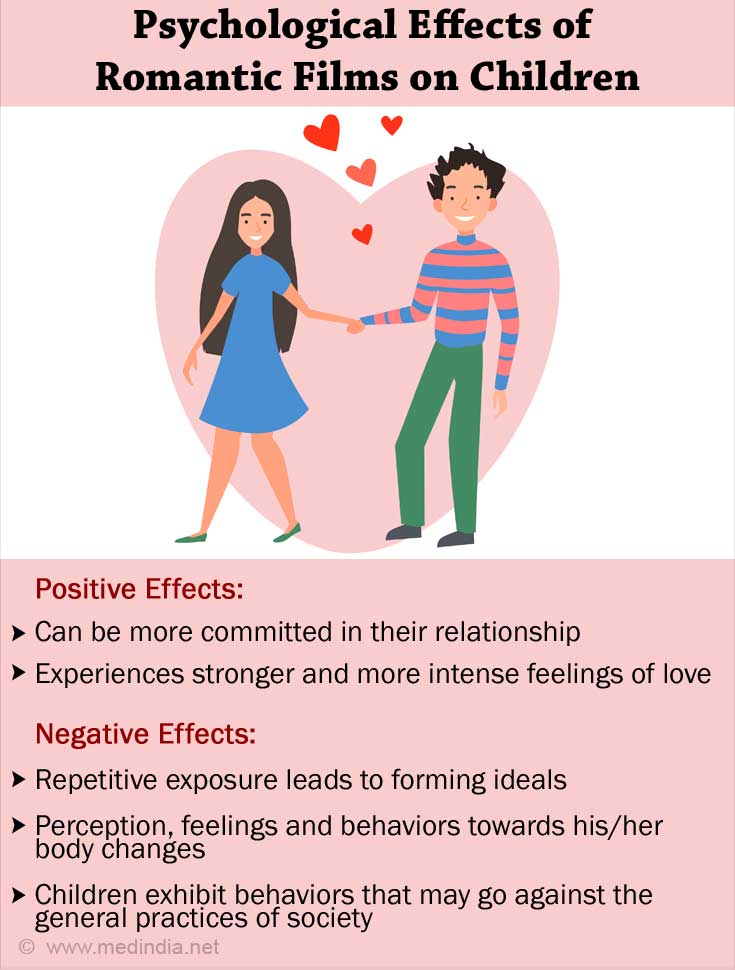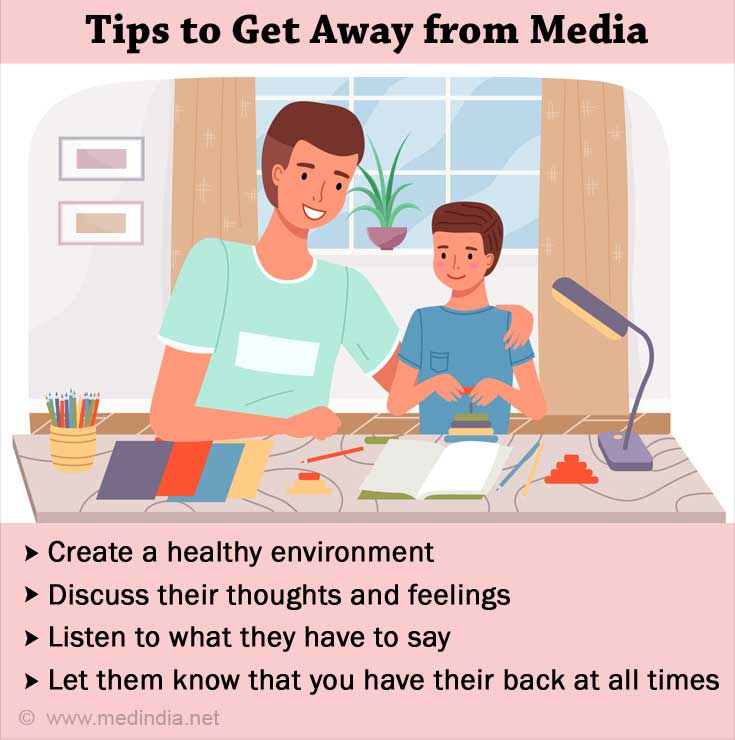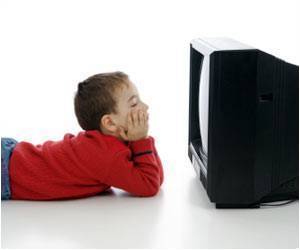- Master of Science in Health Communication - (https://healthcomm.northwestern.edu/)
- American Psychological Association - (https://www.apa.org/)
- The Top 100 Greatest Film Quotes of All-Time - (https://www.filmsite.org/)
- Reviews for what your kids are into (before they get into it) - (https://www.commonsensemedia.org/)
- Bachen, Christine &Illouz, Eva. (1996). Imagining Romance: Young People's Cultural Models of Romance and Love. Critical Studies in Mass Communication. - (https://www.commonsensemedia.org/)
- Hefner, Veronica & Wilson, Barbara. (2013). From Love at First Sight to Soul Mate: The Influence of Romantic Ideals in Popular Films on Young People's Beliefs about Relationships. Communication - (https://www.commonsensemedia.org/)
- Driesmans, K., Vandenbosch, L., &Eggermont, S. (2016). True love lasts forever: The influence of a popular teenage movie on Belgian girls' romantic beliefs. Journal of Children and Media, 10(3). - (https://www.commonsensemedia.org/)
- Rufer, Linda Jones MD, "Magic at the Movies: Positive Psychology for Children, Adolescents and Families" (2014). Master of Applied Positive Psychology (MAPP) Capstone Projects. 68 - (https://www.commonsensemedia.org/)
- Galloway, Lauren F. E., "Does Movie Viewing Cultivate Unrealistic Expectations about Love and Marriage?" (2013). UNLV Theses, Dissertations, Professional Papers, and Capstones. 1827. - (https://www.commonsensemedia.org/)
About
Children learn by observing and imitating their environment. In today’s times, movies and media play a huge role in shaping a child’s character and therefore the content they watch could affect the way in which they perceive the world around them.
Romantic movies can affect a
The Social Learning Theory proposed by Dr. Albert Bandura, a pioneer in Psychology, more specifically Social Psychology, emphasizes on the fact that a lot of our learning takes place by observing, imitating and modeling the actions or behavior, emotional reactions and attitudes of others in our environment (role models who we wish to emulate). Simply put, Dr. Bandura says that we all learn from our environment through observation, be it a behavior or attitude that is good or bad.
In today’s times, media and movies have a large role to play in the molding of a child during his/her formative years. The current generation has easy access to any and all sorts of content online and on television as well. What we will be looking at specifically today in this article is the effect of romantic films on a child’s mental health.
Romantic Films
Romantic films are ones that often explore the themes of love (love at first sight, teenage romances, tragic love, happily-ever-afters etc.), sensuality, passion, sex, sexuality, the emotional involvement of the two lead characters and the journey that their love takes either through courtship or marriage. These films portray the several different hardships that the couple faces, caste issues, economic status differences, colour or race, finances and so on; the plot mainly focuses on whether they are able to overcome these obstacles and continue to be with each other or part ways.
Psychological Effects of Romantic Films on Children
Research indicates that movies and media influence children and young adults in several ways and it impacts their perception about themselves and their environment. Most often films act as a fabric that gives the world they live in, a certain meaning.

Children and young adults seek romantic content for two major reasons -
- they would like to witness relationships that work despite all obstacles the couple is facedwith and
- to learn about romantic relationships.
Some of the ways romantic films affect children and young adults are -
1. Idealization - Studies show that repetitive exposure to romantic content leads to forming ‘ideals’ in the minds of children and young adults as far as love and relationships are concerned. The concepts of ‘love at first sight’, ‘first date’, ‘love conquers all’, ‘childhood sweethearts’ are some of the most common themes found in romantic films.
Studies indicate that children and young adults who are exposed to romantic films have high expectations of how things are going to be, and look forward to more luxurious ways for their first date or even the other themes mentioned earlier, as they have been influenced by what they watch on screen - a candlelit dinner at a fancy restaurant, the boy picks the girl up in a car and so on and so forth. This often leads to frustration and disappointment when events don’t take the desired turn.
Children and young adults also tend to idealize the whole idea of romance, as these films have their own typical ways of how the romance unfolds, the period of courtship finally leading to marriage and the concept of ‘happily ever after’.
Seldom are children and young adults exposed through a romantic film, to the life that lays ahead of marriage, the responsibilities, the effort that goes on into keeping the marriage alive, the adjustments made by the couple when they start building their home, the various roles they play and how they support each other through tough times and be by each other's side through happy times.
The effect of idealization could lead to rocky relationships in the future, as the expectations are that of the ones they witnessed on screen.
2. Body Image - One’s own perception, feelings and behaviors towards his/her body. Children and young adults alike, are influenced by what media and films portray as an ideal way to look.
Research indicates that even infants have a general sense about their own body, and as children develop cognitively, physically and socially, their body image also develops alongside. Further, findings suggest that children between the ages 5 - 6 years, when asked to choose an ideal body size, chose one that is thinner than their currently perceived body size.
Films emphasize on girls or women looking young, beautiful and thin and boys having toned bodies, in order to make an ideal or desirable partner. Most often characters who are overweight are shown as being unhappy and not too intelligent.
Children and young adults are faced with immense pressure to look a certain way to be accepted by their peers, causing them a number of mental health issues like stress, anxiety, depression and also eating disorders like anorexia and bulimia.
3. Mixed Messages - Children who are exposed to romantic movies very often exhibit behaviors that may go against the practices of society in general.
Today, especially in a country like ours, where a relationship between a boy and a girl in school or at a very young age, in the romantic sense, is still taboo, reel life creates a sense of confusion, they aren’t sure if it is okay or not.
In the more conservative households where these topics aren’t discussed, it leads to frustration as children and young adults experience physical and hormonal changes, do get attracted to the opposite sex but don’t know if it is okay to feel what they are experiencing and have nobody to discuss it with.
In a famous movie series, the lead man is extremely possessive of his woman and is jealous of her interaction with her best friend and these are themes that are portrayed as being attractive, whereas in real life the trait of possessiveness or jealousy can have devastating effects on a relationship.
Mixed messages like this can lead to confusion in the minds of children and young adults.
4. Some Positives Too - Romantic movies also affect children and young adults in a positive way as well. Findings suggest that individuals who endorsed romantic ideals stayed more committed in their relationship and also experienced stronger and more intense feelings of love in comparison to those who did not endorse romantic ideals.
Evidence also suggests that individuals who held strong romantic belief’s experienced relationships that were more passionate.
All this said, children can’t be kept away from the media or its contents forever. A good thing to do would be to create a healthy environment for them to be able to discuss their thoughts and feelings with you as parents or significant adults.

The KEY to doing this - listen to what they have to say, show them that you are interested in knowing what life reveals to them, let them know that you have their back at all times and that in you they can find their airplane to explore the world till they feel confident enough to fly themselves!








